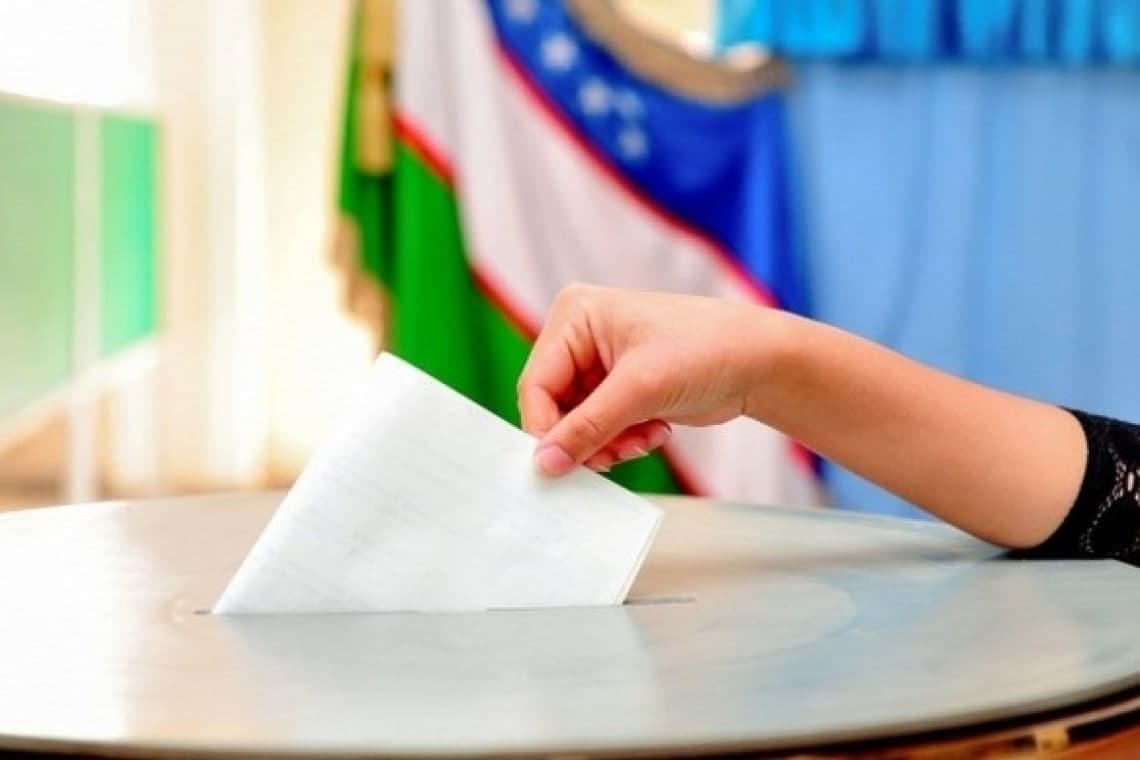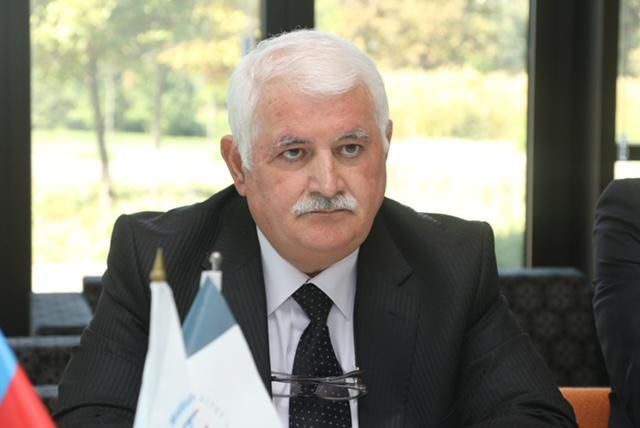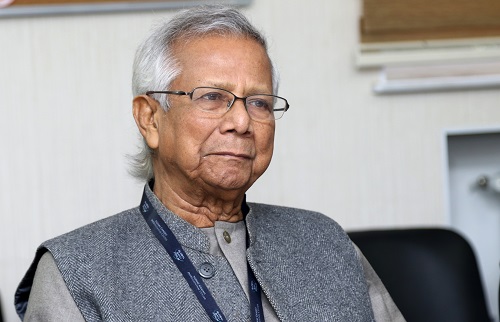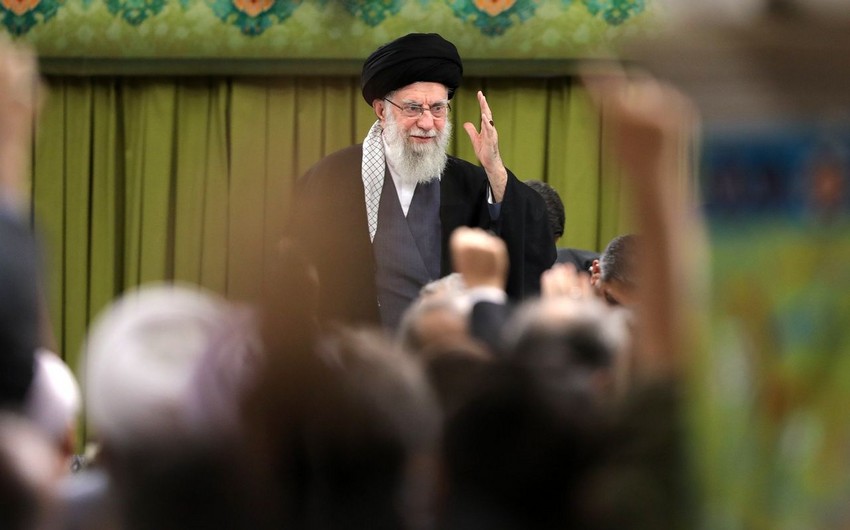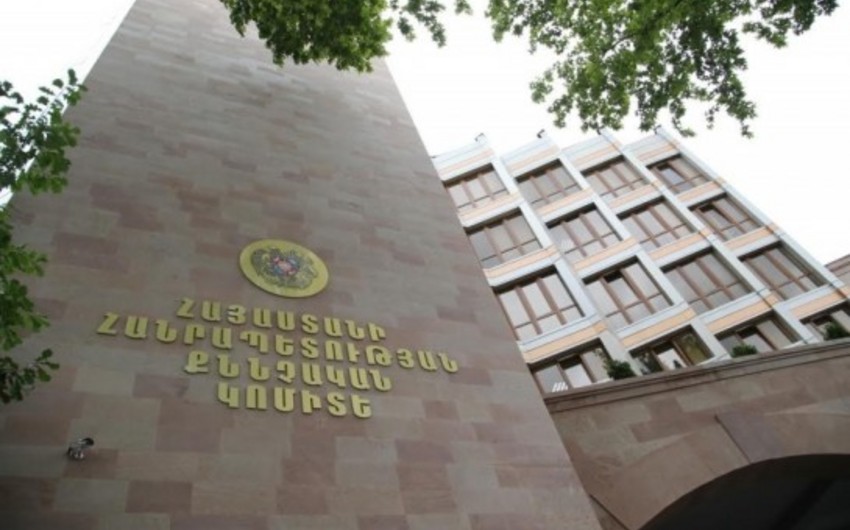The Republic of Uzbekistan has adopted an innovative, interactive and integrative new electoral path to further strengthen its politicization and democratization drive.
It is a new electoral system disseminating message of further political integration, proper/proportionate representation, real women empowerment, localized political inclusiveness over executive bodies, formation of new political capital, political diversity and above all a giant step towards further political liberalization enforcing democratic governance and positive attributions of both electoral systems. Thus, it will promote transformational and informational embodiments in its political system.
According to Uzbekistan's Central Election Commission and Article 128 of the Constitution of Uzbekistan parliamentary and local elections will be held on October 27. It has shades of all modern and liberalized democracies of the world which is a good omen for the country and its people.
The upcoming elections for the Legislative Chamber and local deputies’ councils will be held on the majoritarian-proportional (mixed) electoral basis. The President Shavkat Mirziyoyev May 8 priority structural reforms for the implementation of the Constitution of the Republic of Uzbekistan in a new edition decree geared towards new electoral codification in the country.
Electing 150 members of the parliament's lower chamber, the Legislative Chamber; 56 members of the upper chamber, the Senate; and 65 members of the Supreme Council of the Autonomous Republic of Karakalpakstan, as well as members of the Tashkent municipal, regional, and 208 district councils vividly reflecting people’s friendly, gross-rooted, decentralized and pro-development democratic system in the country taking caring of basic necessities of life and also protecting basic human rights.
It is pertinent to mention that for the first time in Uzbekistan’s history, the Legislative Chamber of the Oliy Majlis elections would be conducted through a mixed electoral system, consisting of majoritarian and proportional systems. It would elect 75 deputies directly through the majoritarian system, where voters vote for specific candidates.
Moreover, there will be single-seat districts and a unified electoral district. Seventy-five members of the Legislative Chamber will be elected from single-seat districts using the majority voting system, while the other 75 will be elected from the unified electoral district using the proportional electoral system based on the ballots cast for political parties (party lists).
The results of the majoritarian component are determined first, and the seats in the List PR component are then allocated in order to create party totals that are proportional overall which will the balance between majoritarian and PR seats
Hopefully, it will further expand political parties' role in the parliament's and local legislature activities and create the legal framework for introducing befitting propositions for the state, society and system.
Thus it would further enhance underrepresented political entities/political parties in the new parliament, transforming it more productive, participatory and responsive eradicating poverty, generating new jobs and providing new opportunities of socio-economic prosperity. It would be a giant leap towards further enrichment of political capital, maturing political diversity, existence of political opposition and above all pro-people political solutions for the local people and communities alike.
All political parties of Uzbekistan namely, the Movement of Entrepreneurs and Businessmen, the Liberal Democratic Party of Uzbekistan, the “Adolat” Social Democratic Party of Uzbekistan, the “Milliy tiklanish” Democratic Party of Uzbekistan, the People’s Democratic Party of Uzbekistan and the Ecological Party of Uzbekistan will rigorously participate in the upcoming elections to held on October 27.
Until recently, Uzbekistan used the majority voting system, under which the candidates with a plurality of votes in their electoral district are declared the winner, with all candidates representing parties active in the country.
Critical analysis of the universal political philosophies clearly illustrate that if half of the Legislative Chamber is formed on the basis of majoritarian and half on the basis of party lists, it would stimulate the revitalization and ideological strengthening of the parties which would be beneficial for national politicization and democratization in Uzbekistan.
Furthermore, a mixed-member parallel system will definitely increase the role of political parties in governance. It would be a big step toward establishing a robust party system and reinforcing the leadership’s commitment to democratic reforms in the country.
National history of Uzbekistan reveals that it always followed a majoritarian system to elect its national legislative chamber in all six parliamentary elections since 1991. Other Central Asian Countries mainly Kazakhstan (2023) and Kyrgyzstan (2021) have adopted mixed-member parallel systems after experimenting with List-PR. Uzbekistan’s Central Election Commission drafted an updated electoral design earlier, in the spring of 2020.
It would help minimize the discrepancies resulting from dividing the territory into smaller voting districts and the following distribution of seats. With the closed list system in place, voters would not have a direct influence on intra-party seat distribution because they vote for the pre-established party list rather than for individual candidates within them. So it would further liberalize the political space in Uzbekistan at every level.
The elections of local councils (Kengashes of People’s Deputies), and the legislative branch of local government would further revitalize “local representative bodies” and improve their stronger control over executive authorities. Therefore, it would improve district magnitude, ballot structure, electoral threshold, and gender quotas, a new electoral system in Uzbekistan which would discard western hyping of reforms-for-reform’s-sake.
Interestingly, winning political parties would qualify for more majoritarian seats which may be termed as overhang or special seats in this new system which increases the size of the legislature from its base figure.
Germany introduced a compensatory balancing mechanism that gave additional seats to the underrepresented parties and returned the overall result to proportionality. This further increases the size of the legislature; and this increase may be substantial.
It seems that the voter will have to fill two separate ballots: one for the majoritarian election and one for the PR election. These may appear either on two separate ballot papers or next to each other on the same piece of paper
The recent meeting of the Central Election Commission unveiled several key innovations that will ensure greater efficiency, transparency, and inclusivity, making these elections a matter of global interest.
It aims to create a more balanced and representative legislature, enhancing democratic legitimacy and ensuring a broader spectrum of political voices.
One of the most notable advancements in Uzbekistan’s electoral system is the full digitization of election commission activities. The introduction of the ‘E-Saylov’ information system is a significant leap forward, revolutionizing the election process. This digital platform not only streamlines the process, reducing bureaucracy and document handling, but also ensures a smoother, more efficient, and transparent electoral experience.
New election legislation requires political parties to ensure that at least 40 percent of their candidates are women, a progressive move towards gender equality in political representation. This requirement not only aligns Uzbekistan with advanced democratic standards but also enriches the political discourse by incorporating diverse perspectives.
The upcoming elections are going to be held according to the new updated Constitution which has significantly enhanced the powers of parliament and representative bodies. The Legislative Chamber’s powers have increased from 5 to 12, and the Senate’s from 12 to 18. Parliament’s oversight functions over executive, judicial, law enforcement and special services have also been expanded.
Additionally, the leadership of local Councils of People’s Deputies by hokims (governors) has been abolished, transferring 33 powers previously held by hokims to local Councils to increase their role in resolving critical state issues.
In summary, the electoral slogan “My Choice My Prosperous Homeland” vividly reflects the true democratic spirit of these elections. It also showcases the staunch commitment of Uzbekistan’s leadership to democratic state-building and citizen empowerment.
Nearly 30,000 candidates and almost 90,000 trustworthy representatives will participate in the upcoming elections. With over 120,000 election commission members, 70,000 citizens, and numerous international observers participating, the elections are set to be a transparent and inclusive process, further demonstrating this commitment.
A conceptual and empirical survey reveals that majoritarian and proportional representation is the most popular form of democracy for countries in the world today. There are over 100 countries which use either a Proportional Representation or a mixed system to elect their primary chamber across the world.
Obviously, Uzbekistan is going to create a remarkable precedent by embracing technological innovation, inclusivity, openness, transparency and impartiality. The new electoral system will further streamline political party system institutionalization, organizational continuity of parties, the relative stability of party support, ideological consistency over time, party legitimacy, and party control over nominations in the country.
Hopefully, these integrated new electoral structural reforms will indubitably pave the way for a more prosperous and democratic future, showcasing Uzbekistan’s dedication to advancing democratic principles and practices.
Author:Dr Mehmood Ul Hassan Khan
President: Pak-China Corridor of Knowledge; Executive Director: The Center for South Asia & International Studies (CSAIS); Regional Expert: Uzbekistan, China, CPEC & BRI

